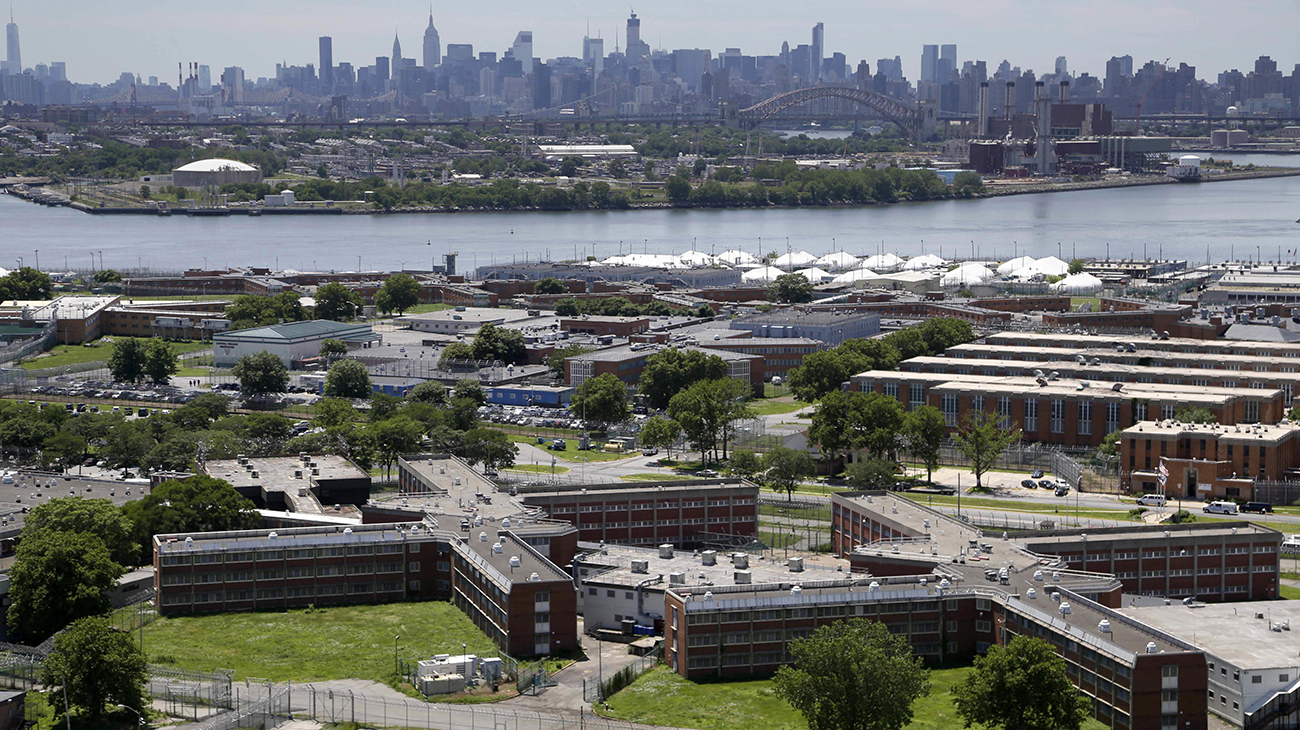A discussion co-sponsored by Open House New York, The Architectural League, Urban Omnibus, and The Irwin S. Chanin School of Architecture of the Cooper Union.
Over the last three decades, New York City has seen a dramatic in reduction in crime that has transformed it into one of the safest big cities in the United States. The proposal to replace Rikers Island with a network of borough-based jails—and the fundamental rethinking about past strategies of policing, prosecution, and detention—have brought New York’s criminal justice system to an inflection point. What criminal justice system do we want for our city for the twenty-first century, and what kinds of spaces do we need to support it? Join us for this wide-ranging conversation about the future of justice in New York.
With Elizabeth Glazer, Director of the NYC Mayor’s Office of Criminal Justice, Tina Luongo, Attorney-in-Charge of the Criminal Defense Practice at the Legal Aid Society, and Stanley Richards, Senior Vice President, The Fortune Society. Moderated by Rosalie Genevro, Executive Director, The Architectural League.
This event is presented as part of Urban Omnibus’s The Location of Justice, and “Spaces of Justice,” a yearlong series organized by Open House New York to explore the architecture and infrastructure of New York’s justice system. Major support for “Spaces of Justice” has been provided by the National Endowment for the Arts. Free admission is made possible by a grant from the Reba Judith Sandler Foundation.
Explore
Arverne rebuilds: Water’s Edge, Arverne-by-the-Sea, and Arverne View
Emily Nathan covers the recent history of Arverne's development and its impact on those who call it home.
The civic entrepreneur
Rory Hyde questions Indy Johar, a London-based architect and co-founder of 00:/, on the changing nature of architectural practice and the democratic structure of placemaking.
The architecture of the Cuban revolution
Josef Asteinza considers the architecture of the Cuban Revolution and its impact on the city of Havana.





